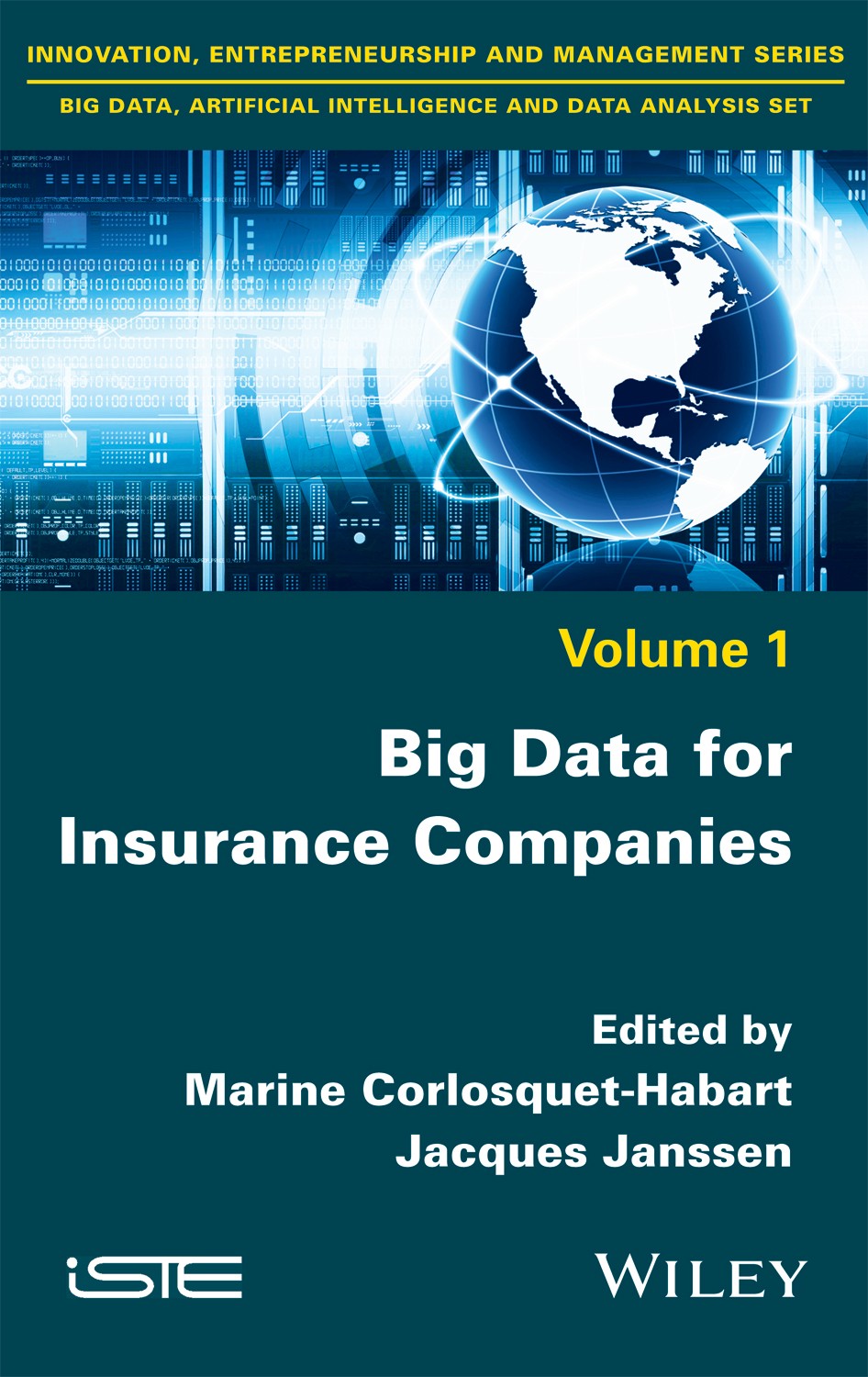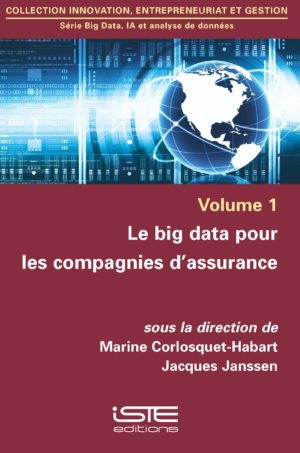
This book presents the fundamentals for understanding the concept of big data, including data analysis methods, learning processes, its applications to insurance and its position within the insurance market. Topics ranging from classical data analysis methods to the impact of big data on the present and future insurance market are discussed to give an overview […]
This book presents the fundamentals for understanding the concept of big data, including data analysis methods, learning processes, its applications to insurance and its position within the insurance market.
Topics ranging from classical data analysis methods to the impact of big data on the present and future insurance market are discussed to give an overview of big data methods applied to insurance problems.
As an edited book, the reader will find chapters written by authors well-known in their fields, including data scientists, actuaries, statisticians and engineers.
This book has been written for readers who want to gain a better understanding of big data and its applications within companies and organizations in the fields of banking, insurance and marketing.
1. Introduction to Big Data and Its Applications in Insurance, Romain Billot, Cécile Bothorel and Philippe Lenca.
2. From Conventional Data Analysis Methods to Big Data Analytics, Gilbert Saporta.
3. Statistical Learning Methods, Franck Vermet.
4. Current Vision and Market Prospective, Florence Picard.
5. Using Big Data in Insurance, Emmanuel Berthelé.

